14, June 2021
Southern Cameroons War: Fighting continues around Muyuka, Ikata and Muea 0
Fighting between Francophone Beti Ewondo troops loyal to the Biya regime in Yaoundé and Ambazonia Restoration Forces has continued today in Fako County with heavy artillery fire focusing on the strategically important towns of Muyuka, Muea and Ikata. Muyuka which sits on the only major road that links Buea the historic capital of Southern Cameroons to Meme, Ndian, Lebialem, Kupe Muanenguba and Manyu has seen fierce exchange in recent days as the Francophone Cameroon government forces attempt to gain control of the road.
The developments come as the conflict now in its fourth year is showing no signs of ending. The War in Southern Cameroons has already claimed at least 40 000 lives, almost all of them civilian children, men and women, murdered by Cameroon government troops in a series of targeted killings, organized massacres, and killings by fire in over 400 villages burnt down to ashes. Over half a million people have been forcibly displaced as refugees living in various countries and especially in refugee camps in Nigeria. Over another half a million people have become IDPs hiding in forests, caves and hills due to forced displacement. Additionally, over 1.5 million people are facing a humanitarian disaster. The Biya French Cameroun regime is yet to release casualty statistics for its armed forces, although military officials have reported that some 3000 Cameroon government army soldiers have died and hundreds more have been injured.
Further clashes in and around Buea are highly likely over the near term. Fighting along the main road linking Mamfe to Ekok and Bamenda to Wum cannot be ruled out in the coming days. A heightened Cameroon government security presence and disruptions to transportation have rocked the entire Southern Cameroons territory.
The latest round of hostilities erupted today when Ambazonia Restoration Forces reportedly carried out strikes on settlements in Muyuka and Muea including Ikata following attacks by Cameroon government troops. Ambazonia Restoration Forces launched what it claimed to be a ‘counter-offensive’ in response. Cameroon Intelligence Report understands that both Amba fighters and Cameroon government forces made extensive use of heavy weapons during the clashes, including artillery and loitering munitions.
The Southern Cameroons was one of the territories set for decolonization in the context of the UN decolonization agenda. Britain’s devious handling of it and the British wheeling and dealing at the UN in 1959 and 1960 caused a great historical injustice to the people of the Southern Cameroons. That injustice continues to cry out for redress. British action resulted in the unconscionable imposition of an unnecessary and precipitated plebiscite with dead-end alternatives. Speaking through Lord Perth, Britain shamefully said the Southern Cameroons and its people were “expendable”.
The plebiscite was imposed in the teeth of opposition by the leadership of the trust territory. It offered a Hobson’s choice of ‘joining’ either Nigeria or French Cameroun. The internationally-prescribed political status option of sovereign independence was deliberately excluded. There was no good reason for doing so. On 11 February 1961, a skewed plebiscite was foisted on the people of the Southern Cameroons. Faced with the Hobson’s ‘choice’ that was forced down their throat, the people opted for independence in political association with Republique du Cameroun. It was agreed in writing between the two countries and to the knowledge of Britain and the UN, that the political association would take the form of an aggregative federation of two states, equal in status.
Western governments generally advise their citizens against all travel to areas of conflict but have maintained a kind of deliberate silence ever since the crisis in Southern Cameroons started four years ago.
By Soter Tarh Agbaw-Ebai and Isong Asu
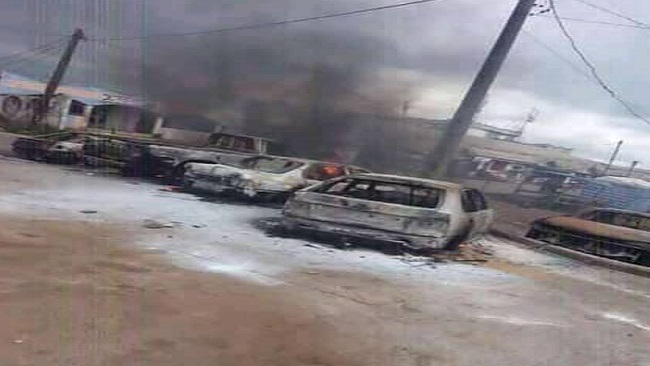
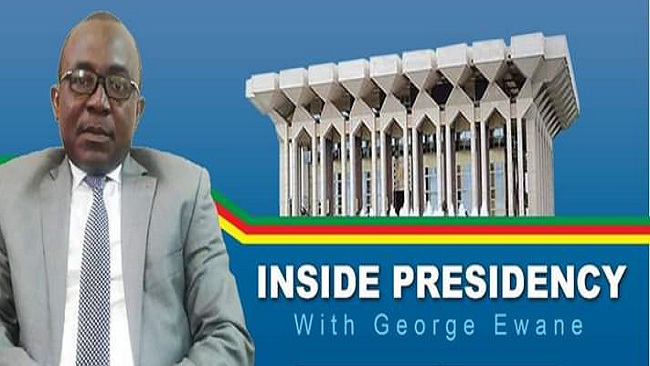

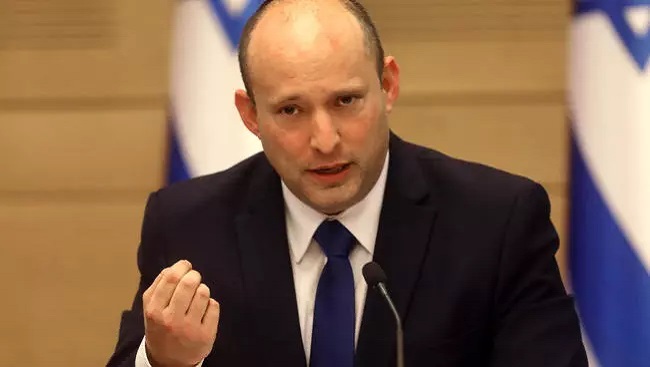
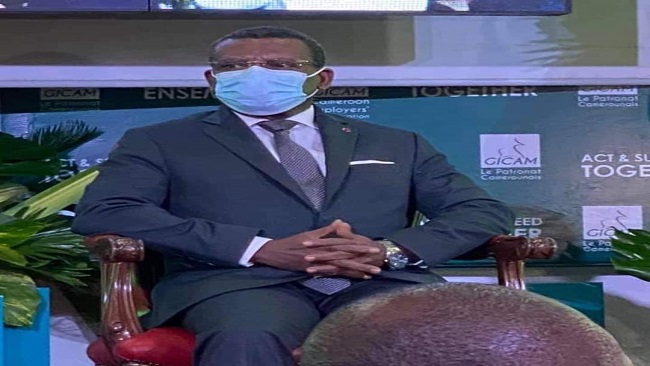
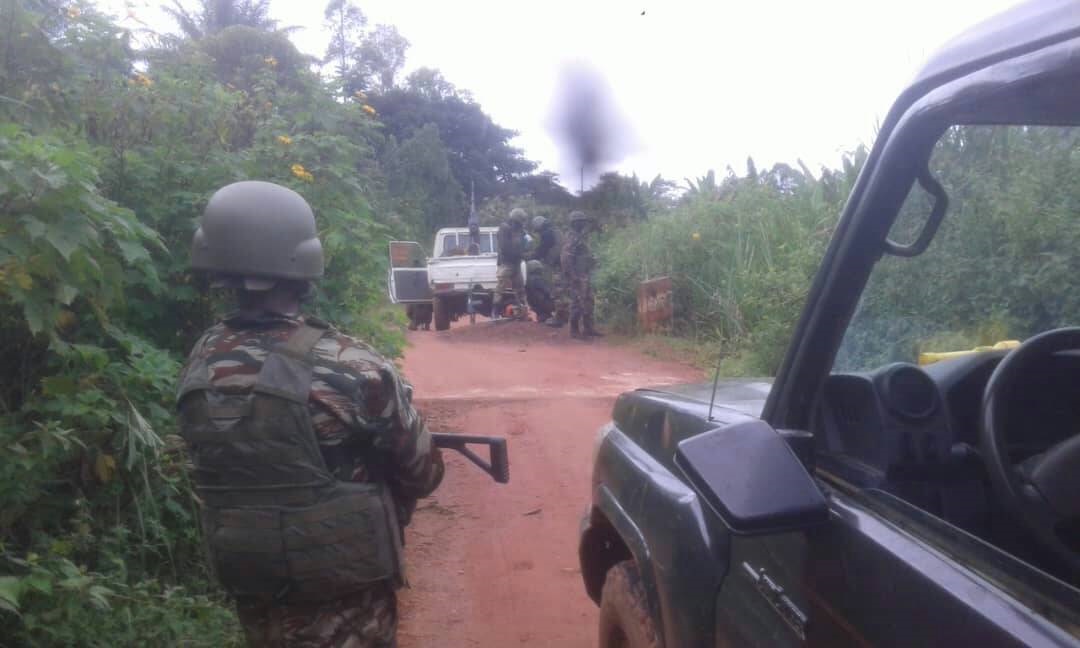
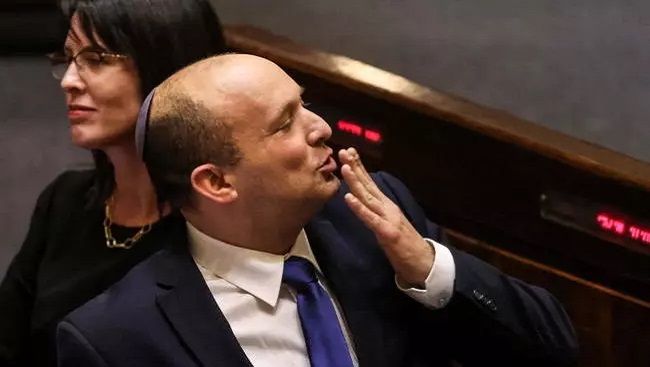

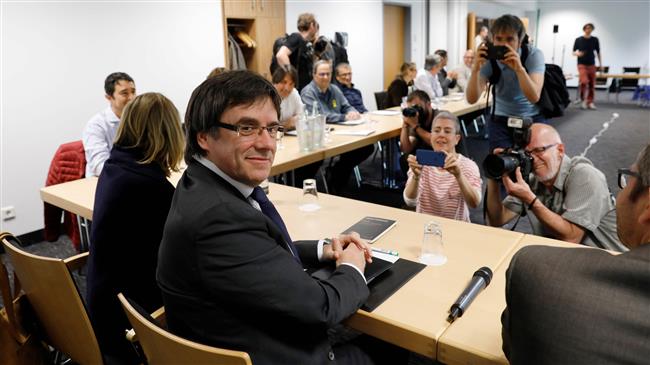


















15, June 2021
CPDM Crime Syndicate: Why tensions between Prime Minister Dion Ngute and Ferdinand Ngoh Ngoh are escalating 0
Cameroon’s scandal linked to the mismanagement of Covid-19 funds has considerably damaged relations between Ferdinand Ngoh Ngoh, the presidency’s secretary-general, and Prime Minister Joseph Dion Ngute. But it’s not the first time that the two have butted heads.
In early June, Balungeli Confiance Ebune, director of Prime Minister Joseph Dion Ngute’s cabinet, was interviewed by investigators of the Special Criminal Court, who were charged with shedding light on suspicions of embezzlement, overcharging and misappropriation of funds regarding the purchase of anti-Covid protection and screening equipment. The damage suffered by the state amounts to several tens of billions of CFA francs.
The head of government may well have experienced the humiliation of being interviewed himself. He was cited in a report by the Chamber of Accounts, which states that businessman Mohamadou Dabo, owner of Mediline Medical Cameroon and Moda Holding, was in possession of public contracts that accounted for 94.93% of the funds used.
When questioned on this subject during his hearing on 19 May, health minister Malachie Manaouda told investigators that he had acted on the prime minister’s orders. This was all it took for Ngute’s detractors to demand an explanation from him.
Opposed on everything
According to those close to him, Ngute only encouraged the health minister to choose the most qualified partner, especially to deliver screening tests, which were out of stock at the time. His chief of staff explained to the investigators that he was only responsible for formalising this encouragement in writing.
Of course, there is no question of tracing this back to the prime minister while he is still in office. But Ngute did not back down from the affront. His entourage believes that it is just yet another manoeuvre by Ferdinand Ngoh Ngoh, who has been the presidency’s secretary-general (SGPR) for 10 years.
This diplomat from the Central region, who speaks fluent French and English, enjoys the confidence of Chantal Biya, the first lady. The president has also delegated power of signature to him, which gives Ngoh a wide range of powers.
Ngoh got along fine with the placid former prime minister Philemon Yang, who had no problem with surrendering his prerogatives to the Palace. But Ngute is quite different. This rising Anglophone star, who was appointed prime minister on 4 January 2019, has quickly made his mark. Made of a different calibre than his predecessor, the 67-year-old lawyer does not hesitate to cross swords with the all-powerful SGPR.
The first disagreement between the two men took place on 13 August 2019, after Ngute asked ministers to propose names of directors general of companies and public institutions to replace those who had reached the end of their term.
Ngoh replied to this demand by writing a scathing memo to the secretary-general of the prime minister’s office. “I have the honour of informing you that the head of state has asked the prime minister, the head of government, to remind the heads of ministerial departments responsible for the technical supervision of public enterprises and establishments, that the power to appoint the social organs of said structures falls within the exclusive competence of the President of the Republic,” he wrote.
He continued: “In this regard, he would like to inform them that, pending several important decisions that the head of state must make, the officials in office should continue to exercise their functions as normal.”
The second dispute was over the organisation of the Major National Dialogue, aimed at resolving the Anglophone crisis. The two men disagreed with each other on almost everything. While Ngoh wanted to calibrate and control everything, Ngute wanted these discussions to be open and inclusive.
On the ground, while the SGPR was coordinating a Swiss mediation initiative, Ngute supervised direct discussions with the secessionist leaders, which were undertaken by Léopold Maxime Eko Eko, head of the special services. In the end, it was the prime minister who defused the anger of the religious leaders within the Anglophone zone, who were disillusioned by Etoudi’s disdainful treatment of Cardinal Christian Wiyghan Tumi’s peace initiatives.
Close to Paul Biya
The prime minister’s attempts at mediation annoy the SGPR to the core, as it feels that Ngute is trying to create a diarchy within Cameroon. However, Ngoh cannot openly criticise Ngute, as he regularly meets face to face with President Paul Biya. Meanwhile, the presidency’s secretary-general only ever receives a small audience.
Finally, the rivalry between the two men has intensified as Ngute – who visited the Groupement Inter-Patronal du Cameroun (Gicam) in mid-May – has made sure to maintain ties with his contacts from within the private sector, where Ngoh has few friends.
This friction will no doubt produce sparks, unless a government reshuffle puts an end to this rivalry within the upper echelons of power.
Source: Africa Report